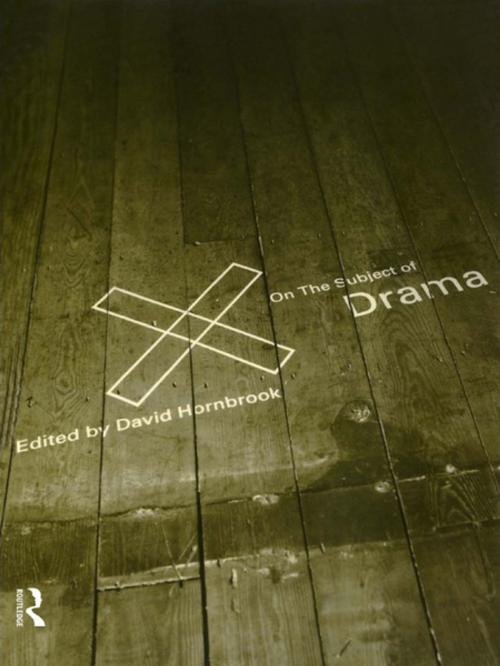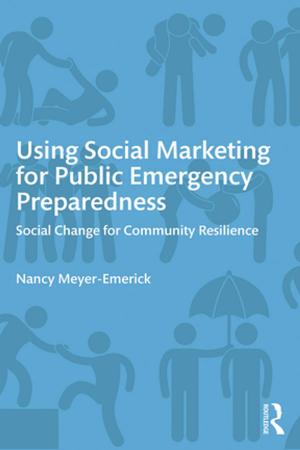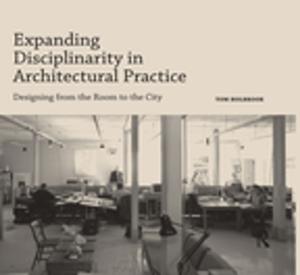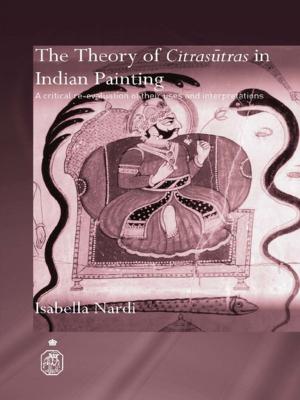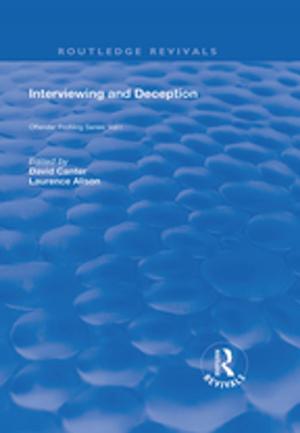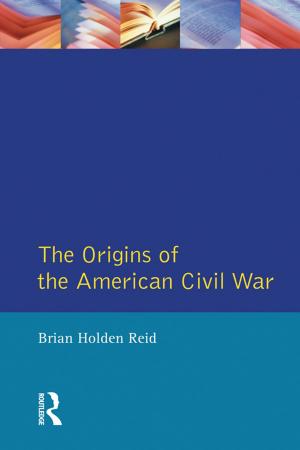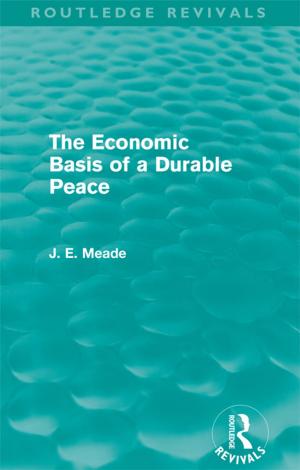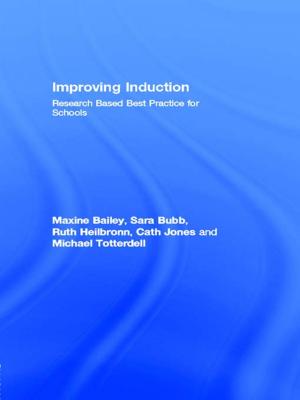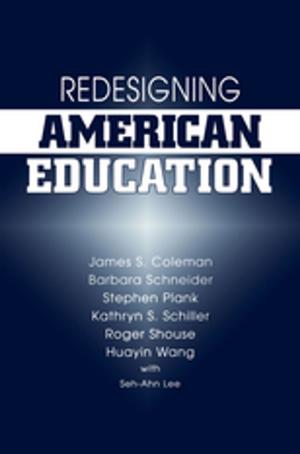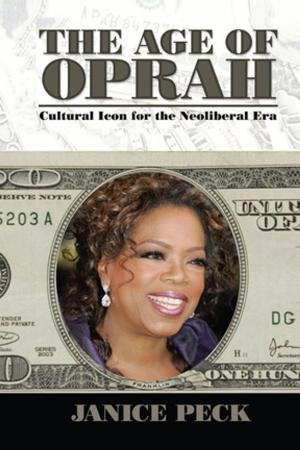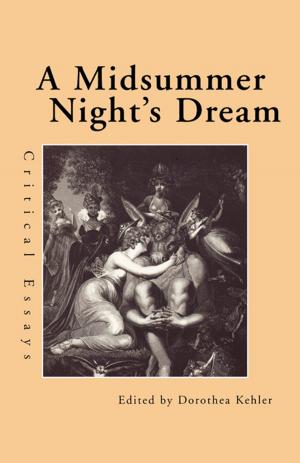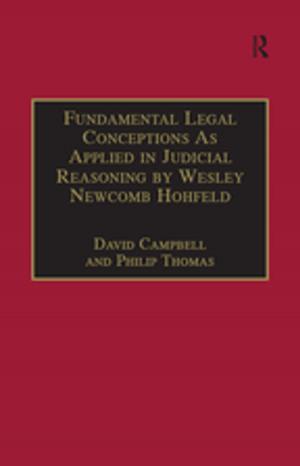| Author: | ISBN: | 9781134702343 | |
| Publisher: | Taylor and Francis | Publication: | January 4, 2002 |
| Imprint: | Routledge | Language: | English |
| Author: | |
| ISBN: | 9781134702343 |
| Publisher: | Taylor and Francis |
| Publication: | January 4, 2002 |
| Imprint: | Routledge |
| Language: | English |
Although much has been written on how the drama elements of the English curriculum might be taught in schools, there is less guidance available for teachers who regard drama not as an adjunct of English but as an arts subject in its own right.
In this volume, David Hornbrook and a team of experienced drama specialists show how the subject of drama may be defined and taught. Drawing on literature, visual art, music and dance as well as the rich and varied traditions of drama itself, they map out an eclectic subject curriculum for students of all ages. Opening up the field in new and exciting ways, the book embraces the widest possible range of dramatic knowledge and skills, from the Natyashastra of ancient India to contemporary classroom improvisation.
The book is divided into three sections:
The teaching and learning of drama: ideas about interculturalism, creativity and craft - key concepts informing the drama curriculum - are interrogated and re-theorised for the classroom.
Making and performing drama in school: the fundamental processes of reading and writing plays for performance are explored, along with the potential of dance to enhance and extend students' experience of dramatic performance.
Watching and understanding drama: ensuring the curriculum is appropriately balanced between the production and reception of drama, this last section emphasises the role of students as audience - for both live and electronic performances - and the development of a dramatic vocabulary.
Although much has been written on how the drama elements of the English curriculum might be taught in schools, there is less guidance available for teachers who regard drama not as an adjunct of English but as an arts subject in its own right.
In this volume, David Hornbrook and a team of experienced drama specialists show how the subject of drama may be defined and taught. Drawing on literature, visual art, music and dance as well as the rich and varied traditions of drama itself, they map out an eclectic subject curriculum for students of all ages. Opening up the field in new and exciting ways, the book embraces the widest possible range of dramatic knowledge and skills, from the Natyashastra of ancient India to contemporary classroom improvisation.
The book is divided into three sections:
The teaching and learning of drama: ideas about interculturalism, creativity and craft - key concepts informing the drama curriculum - are interrogated and re-theorised for the classroom.
Making and performing drama in school: the fundamental processes of reading and writing plays for performance are explored, along with the potential of dance to enhance and extend students' experience of dramatic performance.
Watching and understanding drama: ensuring the curriculum is appropriately balanced between the production and reception of drama, this last section emphasises the role of students as audience - for both live and electronic performances - and the development of a dramatic vocabulary.
